
Here we go...another new year, another round of resolutions. Whether you’ve decided your New Year’s Resolution will again be to lose those 10 pounds, organize your office, or learn how to speak a new language – on your list of “things to do” in the New Year should also include giving your finances a check-up!
The start of a new year is a great time to review and re-evaluate your budget. It’s easy after the end of the year to gather your information such as year-end statements and check whether you overspent during the recent holidays.
To get started, ask yourself these questions: (But remember, it’s not about beating yourself up and looking at what you did wrong, rather looking at how you can improve!)
- Was I where I wanted to be financially last year?
- What financial decisions did I make that could have been better?
- Where did I spend most of my money? How could I change that?
- Are there ways I can consolidate loans or save money on my debt/interest?
After you ask yourself these questions, consider identifying your financial goals for the new year. You can’t follow a map if you don’t know where you’re going. Will your goals include ramping up your savings or emergency fund? Or, a goal may be to spend less on “frivolous” items and pay down debt. Another option may be to set a goal to contribute more to your retirement plan. Your goals are specific to only you. They’re not the same for everyone and there is no right or wrong answer. Get specific with it; this will help you plan your year for more financial success.
Then you’ll want to set up a budget. Not sure how to do that? There are several free resources online to help you get started. There are standard ones you can look into or if that doesn’t seem like the right fit, mesh something together, and make it your own! Look at your income, your expenses, etc.
Take some real time to look over and evaluate your financial outlook. You don’t have to have the perfect plan on January 1st – as long as by the end of January you can put your plan to action and start getting into good money habits.
Some ideas to help you get started are:
- “No-spend days” or “no-spend weekends” to curb your spending habit.
- Take a look to see if you can pay more than the minimum amount due on any debt you may have. This will help fast-track paying it off and in turn, give you more money!
- Give automation a try, like setting up auto transfers to save for Christmas, vacations, or other things you’re saving for.
2021 has the potential to be your best financial year yet. It’s time to get your wallet into shape and see what you can accomplish!
For additional resources on budgeting & other financial help, check out our Banzai Financial Literacy programs with interactive calculators and coach’s to help you along the way:




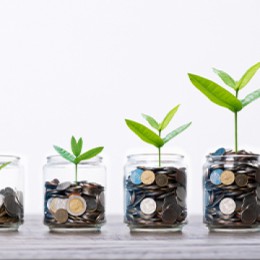

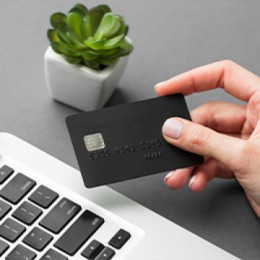
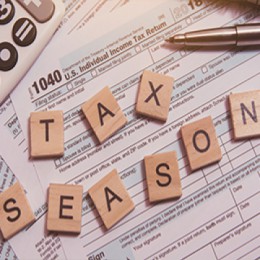
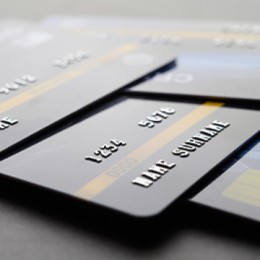

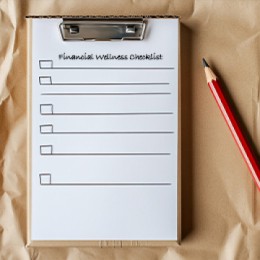
0 comments